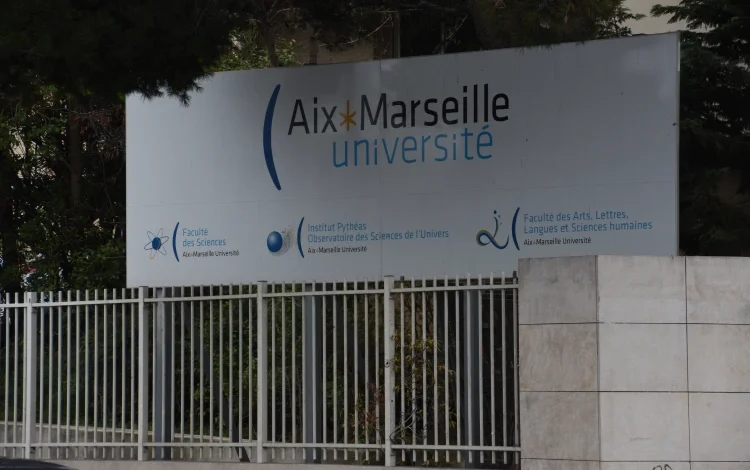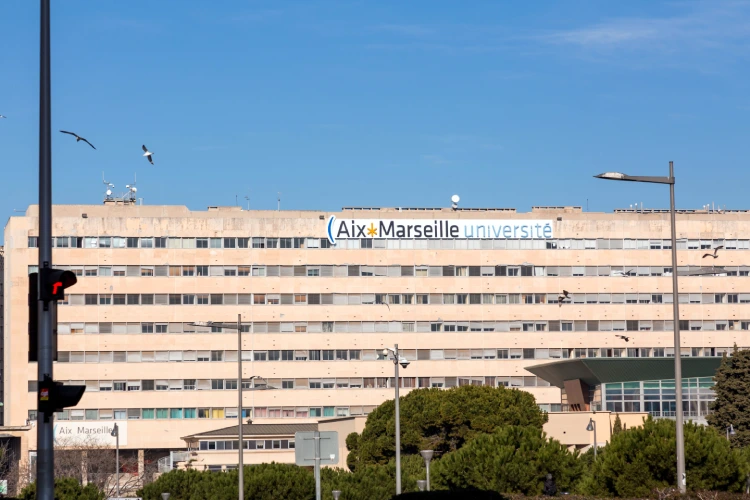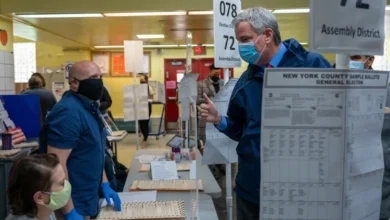
American Scholars Relocate to France After Cuts to U.S. Science Funding
Aix-Marseille University Offers Academic Refuge to U.S. Researchers Facing Budget Cuts and Political Pressure
Eight researchers from the United States have arrived at Aix-Marseille University in southern France, marking the start of a new initiative aimed at supporting scientists affected by federal research funding cuts under President Donald Trump. The program, called Safe Place for Science, offers visiting academics science refuge in France by giving them the opportunity to continue their work in a more stable academic environment.
France Makes Its Pitch

The institution, based in Marseille near the Mediterranean coast, launched the program earlier this year and opened it to applicants in the spring. It received nearly 300 inquiries from American researchers, many of whom are affiliated with institutions such as Stanford University, NASA and the University of California, Berkeley.
AMU plans to host up to 20 of these researchers by the end of the year.
The decision to launch the program came in response to recent developments in U.S. science policy. Under the Trump administration, several agencies have seen significant budget reductions. Some academics say their work is not only underfunded but also subject to political scrutiny.
According to university officials, the program is part of a broader effort by France to support academic freedom and attract international talent.
Eric Berton, president of Aix-Marseille University, said the goal is to provide researchers with the resources and environment they need to continue their work without interference. He described the program as both a practical response to global shifts in science policy and a symbolic gesture in support of research.
“We are responding to a real need,” Berton said at a recent event on campus. “Offering these scientists a place to continue their work is a way to protect knowledge and promote international collaboration.”
Escape from Uncertainty
Among the first participants is Brian Sandberg, a professor affiliated with Northern Illinois University whose work focuses on the cultural intersections of belief systems, conflict and identity during the early modern period in Europe.
He first considered applying for the program during a return trip from France to the U.S., when he said he briefly feared being detained at the border. Although no incident occurred, the experience prompted him to reflect on the growing pressure faced by academics.
“In the U.S., I can still teach,” he said. “But research is getting harder. Funding is uncertain and certain topics are increasingly viewed as politically sensitive.”
Sandberg is among the scholars expected to relocate permanently to France by September. Others work in fields including climate science, astrophysics and public health.
Trading Prestige for Peace of Mind
Some applicants requested anonymity, saying they were concerned about how their departure might affect their current positions in the U.S. One researcher, who works on gender and environmental issues, said that certain words commonly used in scientific studies are now being flagged by agencies like the National Science Foundation.
She mentioned that terms such as “female” or “women” have been discouraged, creating obstacles for projects focused on gender or human-driven climate change.
For many, the decision to leave the U.S. also involves family. One early-career biological anthropologist said she was still reviewing the terms of her offer but was encouraged by the lower cost of living and free education for her children in France. She said the tradeoff in salary might be worthwhile if it meant working in a more supportive and less politicized atmosphere.
France and the European Union are investing heavily in programs to attract international researchers. The French government has pledged to invest 100 million euros in efforts aimed at drawing global scientific talent. The European Commission has proposed a larger incentives package worth 500 million euros for researchers across the continent.
At Aix-Marseille University, administrators say their 15 million euro budget for the Safe Place for Science program could expand if additional public funding is approved. The university also supports the creation of a new legal status for science refugees, a proposal backed by both Berton and former French president François Hollande.
Scientific Refugees Seek Asylum
Although the term “refugee” typically refers to those fleeing war or persecution, Berton said it also applies to those whose work is threatened by political or financial constraints. He compared the current situation to earlier waves of intellectual migration, including that of scientists who fled Europe during the 1930s.
The university has previously welcomed scholars from Ukraine, Yemen and Afghanistan. This new group from the United States represents a different kind of displacement but one that officials say is just as urgent.
“We are not just saving jobs,” Berton said. “We are helping protect ideas.”




